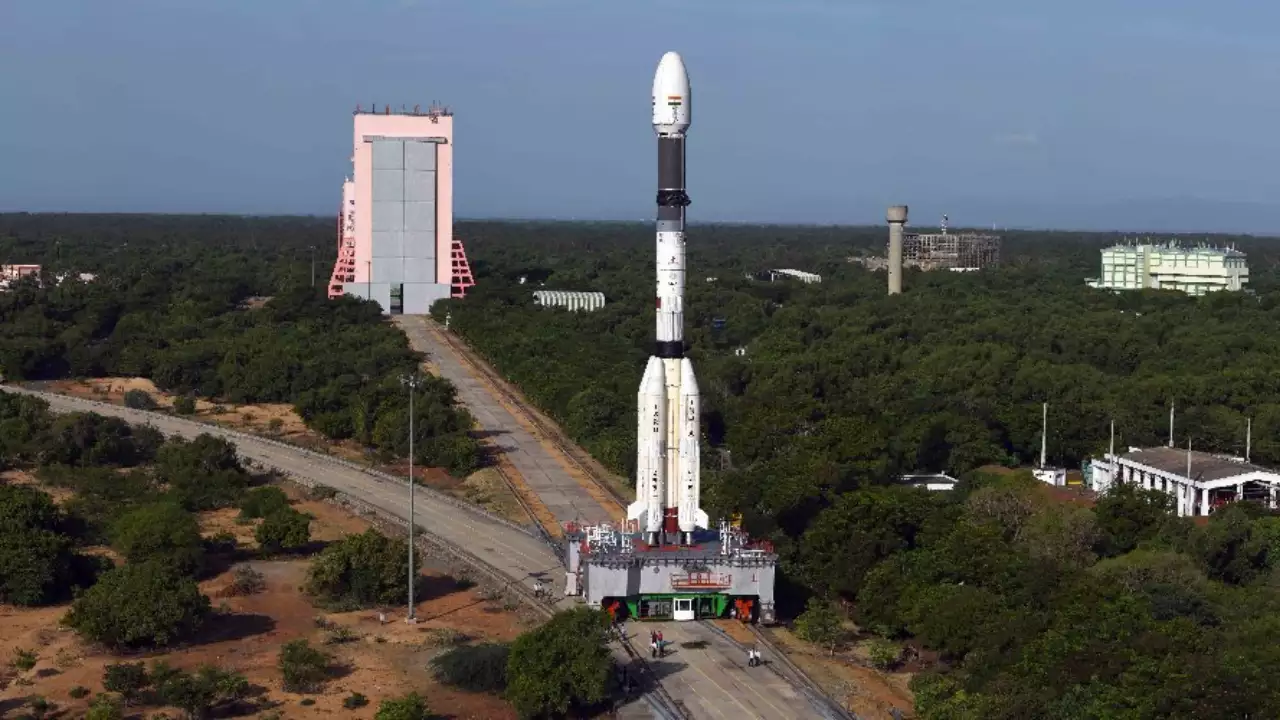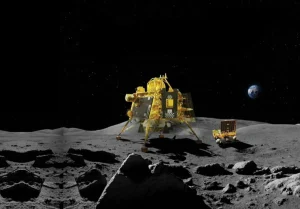ISRO’s PSLV-C58 Mission to Explore Black Holes and Neutron Stars Set to Launch on 1st January
27th Dec 2023
The Indian Space Research Organization (ISRO) will launch its Polar Satellite Launch Vehicle, PSLV-C58, on 1st January 2024, which will carry the first X-Ray Polarimeter Satellite (XPoSat) on board. The mission is going to be India’s first and the world’s second venture after NASA’s IXPE to feature polarimetry in space.
Objectives for the XPoSat Mission
ISRO’s XPoSat mission will be another big milestone in India’s space exploration journey after the success of Chandrayaan 3. The mission’s objective is to analyze the polarisation of powerful X-ray sources, which will potentially provide crucial insights into the celestial enigmas that have intrigued us for decades. XPoSat will examine the most common brightest known sources in our proximity, ranging from pulsars and black hole X-ray binaries to active galactic nuclei, neutron stars and non-thermal supernova remnants.
The Polarimeter will be in a circular low Earth orbit of 500-700 km and will spend at least five years there during its course. The XPoSat mission will have cutting-edge payloads, including the POLIX (Polarimeter Instrument in X-Rays) and XSPECT (X-Ray Spectroscopy and Timing). These instruments have been developed by Raman Research Institute (RRI) in collaboration with the U R Rao Satellite Centre (URSC) to measure the angle and degree of polarisation in the medium X-ray energy spectrum.
India’s Impact on Global Space Exploration
With this mission, we mark India’s ascent in the field of space-based polarimetry, as they are only the second country to launch a dedicated mission to study this phenomenon. The information regarding the geometry and emission mechanisms of distant celestial sources aims to improve existing theoretical models of such emissions by adding the dimensions of degree and angles to existing spectroscopic and timing data.
Scientists anticipate that the XPoSat mission will help aid us significantly in our understanding of the universe and will bring fresh insights through practical experiments.
As India prepares for the launch of PSLV-C58, which will take on board the XPoSat on New Year’s Day, the whole space community will be paying particular attention to this event. ISRO’s commitment and recent achievements have put India as one of the leaders in space-based research along with countries like the US, Russia and China. With India’s growing impact on space research, the nation stands up there with the global leaders and all of these could eventually add up in aiding our understanding of the universe.







Thank you for your comment! It will be visible on the site after moderation.